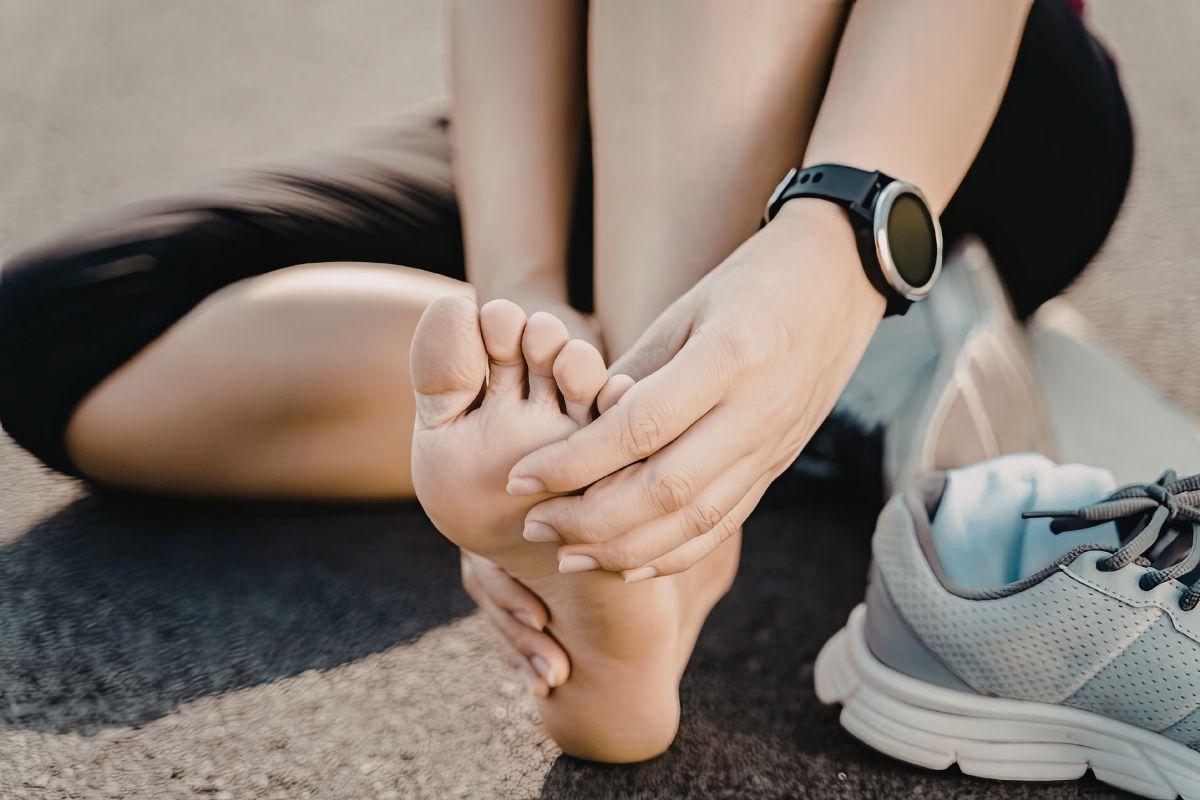Written by Mr Simon Bridle for Doctify
Of all the different orthopaedic procedures, hip replacements are one of the most common. Although the demographic most likely to undergo this surgery is older, anyone can break their hip and require a hip replacement.
Total hip replacement is one of the most successful surgical interventions we have, relieving pain and getting people back to normal activities. This article deals with how rapid recovery is achieved after hip replacement surgery.
After a hip replacement, can you speed up recovery?
There have been a lot of advances recently to improve patients’ recovery, get them out of hospital and back to normal function as quickly as possible. This process has become known as enhanced recovery, which accelerates rehabilitation after this major surgery. There is good evidence that restoring normal physiology and function quickly improves the overall outcome after surgery.
How is this done?
This is achieved in a number of ways, including improved surgical, anaesthetic and pain relieving techniques. The key to achieving rapid recovery is using a team approach and by standardising our care pathways, with all members of the team knowing the protocols and contributing to the patients’ care, to improve outcomes and patient satisfaction.
- standardised multidisciplinary team approach
- planned length of stay
- standardised anaesthesia
- discharge planning prior to admission.
- pain management
- standardised surgery and choice of well performing implants
- standardised physio and nursing care
What happens before surgery?
All patients are seen by a Specialist Nurse in a pre-assessment clinic, for a routine pre-operative check. Any medical problems can be picked up and dealt with at this stage. In particular anaemia (low blood count) is now recognised to slow patients’ recovery and this is dealt with prior to the operation. Smoking has been shown to increase the risks of surgery, so patients are encouraged to try and stop smoking in the lead up to surgery.
It has been shown that good nutrition is also important in a rapid recovery. A healthy diet in the lead up to surgery is helpful and patients are encouraged to eat a high calorie meal the night before surgery. It is important to keep hydrated and drink clear fluids until two hours before surgery.
At the same time patients are given information about what is going to happen during their admission. This includes when to expect get out of bed, what to expect from the physiotherapy and plan a discharge date. There is good evidence that this process achieves a shorter length of stay, with happier patients.
Some simple exercises prior to the operation are helpful to get the right muscles working and this stands patients in good stead for their surgery. The physiotherapy team will advise about this.
What kind of pain relief is usually used?
The anaesthetist reviews the pre-assessment results and action can be taken to deal with any issues identified. Generally patients will meet the anaesthetist on the day of surgery.
Almost all patients now have the operation under a spinal anaesthetic. There is good evidence that this is the safest way to do it. Modern anaesthetic techniques, including the spinal anaesthetic and medication given during the surgery reduce the blood loss and blood transfusion is very rarely required.
Blood clots in the leg veins (DVT) and in the lungs (pulmonary embolism) can be a very serious complication. There is good evidence that a spinal anaesthetic, along with blood thinning drugs post-operatively help reduce this risk.
We are much better now at dealing with post-operative pain. The spinal block continues to work after the surgery. The surgeon puts an injection into the wound at the end of the operation, which includes local anaesthetic an anti-inflammatory and something to reduce the bleeding. Patients are also given painkillers which work in different ways and anti-inflammatories. This approach is known as ‘multi-modal pain relief’ and there is good evidence that this provides much better pain control, so patients are comfortable and usually able to get out of bed on the day of the operation
What happens after the operation?
Information about what to expect after the operation is provided at the pre-assessment and it has been well shown that this improves how patients progress after their surgery. The whole process is about getting ‘de-medicalized’ and back to feeling like people again.
Most patients will get out of bed and walk on the day of their surgery, under the supervision of our physiotherapy and nursing team. Good pain control and minimising the side effects of the anaesthetic (sickness, dizziness etc) are key to this. We try and avoid using catheters and wound drains so people can get up and move around more easily.
Initially patients walk with a frame or crutches, but are usually allowed to take full weight through the leg and patients are able to discard walking supports altogether very quickly. Hydrotherapy facilities, if available, are very beneficial in the early stages after the operation and very popular with the patients.
When can most people go home?
We would normally expect patients to be ready to go home by the third or fourth day after the surgery. There are no special requirements for aids and equipment to take home after a straightforward hip replacement. Physiotherapy and hydrotherapy will be arranged as an outpatient by the team. It may also be referred to more local physiotherapists if necessary with a ‘rehabilitation prescription’.
We would normally expect patients to be discarding their walking supports by two or three weeks. Followed by getting back to normal day to day activities, including driving by four to six weeks. Full recovery to sporting activities etc will usually take three to six months.




